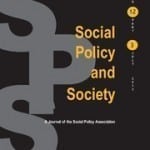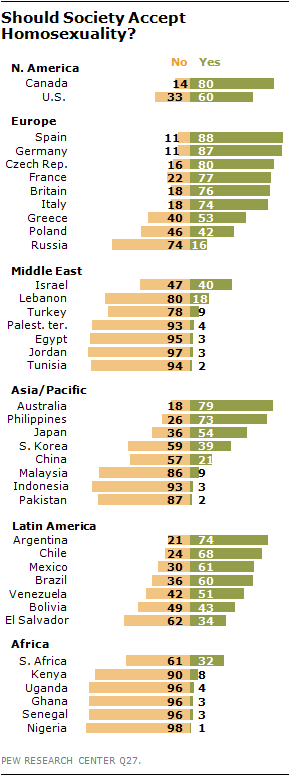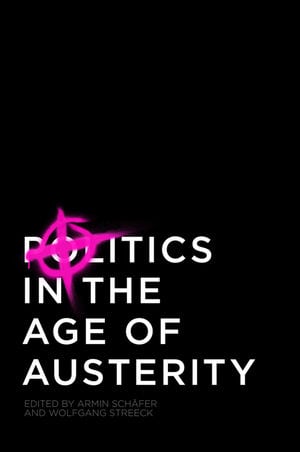
Archive for July 2013
The Relationship between Drug Use and Crime among Police Detainees: Does Gender Matter?
“Alone with my thoughts”
The Influence of Plaintiff Gender on the Judicial Decision to Grant Civil Restraining Orders: A Replication and Analysis
Sperm donors’ accounts of lesbian recipients: heterosexualisation as a tool for warranting claims to children’s ‘best interests’
Treatment for Substance Use Disorder: Opportunities and Challenges under the Affordable Care Act
Dynamic Associations of Negative Mood and Smoking Across the Development of Smoking in Adolescence
Evaluating Alternative Migration Estimation Techniques for Population Estimates and Projections
Barriers to psychologists seeking mental health care.
Exploring the Association Between Military Base Neighborhood Characteristics and Soldiers’ and Airmen’s Outcomes
Acculturative Stress Among People of Mexican Descent: The Role of Acculturation, Social Capital, and Family Role Expectations
What Are Older Latinos Told About Physical Activity and Cognition? A Content Analysis of a Top-Circulating Magazine
The Role of Emotions in the Process of Making Choices about Welfare Services: The Experiences of Disabled People in England

Development and initial validation of the determinants of physical activity questionnaire
Reimbursement and Practice Policies Among Providers of Buprenorphine-Naloxone Treatment
Financial strain and regional unemployment as barriers to job search self-efficacy: A test of social cognitive career theory.
Counselling in transcultural settings: prorities for a restless world
The Global Divide on Homosexuality
The comparison of effectiveness of supportive psychotherapy and pharmacotherapy with ondansetron to improvement of nausea and vomiting of pregnancy
Modelling residential mobility behaviour using a commercial data set: An analysis of mover/stayer characteristics across the life-course
Between water and words: Reflective self-awareness and symbol formation in art therapy
Annotated Bibliography of Healthy Marriage and Relationship Education Articles
Politics in the Age of Austerity
In a world of increasing austerity measures, democratic politics comes under pressure. With the need to consolidate budgets and to accommodate financial markets, the responsiveness of governments to voters declines. However, democracy depends on choice. Citizens must be able to influence the course of government through elections and if a change in government cannot translate into different policies, democracy is incapacitated. Many mature democracies are approaching this situation as they confront fiscal crisis. For almost three decades, OECD countries have – in fits and starts – run deficits and accumulated debt. As a result, an ever smaller part of government revenue is available today for discretionary spending and social investment and whichever party comes into office will find its hands tied by past decisions. The current financial and fiscal crisis has exacerbated the long-term shrinking government discretion; projects for political change have lost credibility. Many citizens are aware of this situation: they turn away from party politics and stay at home on Election Day.

